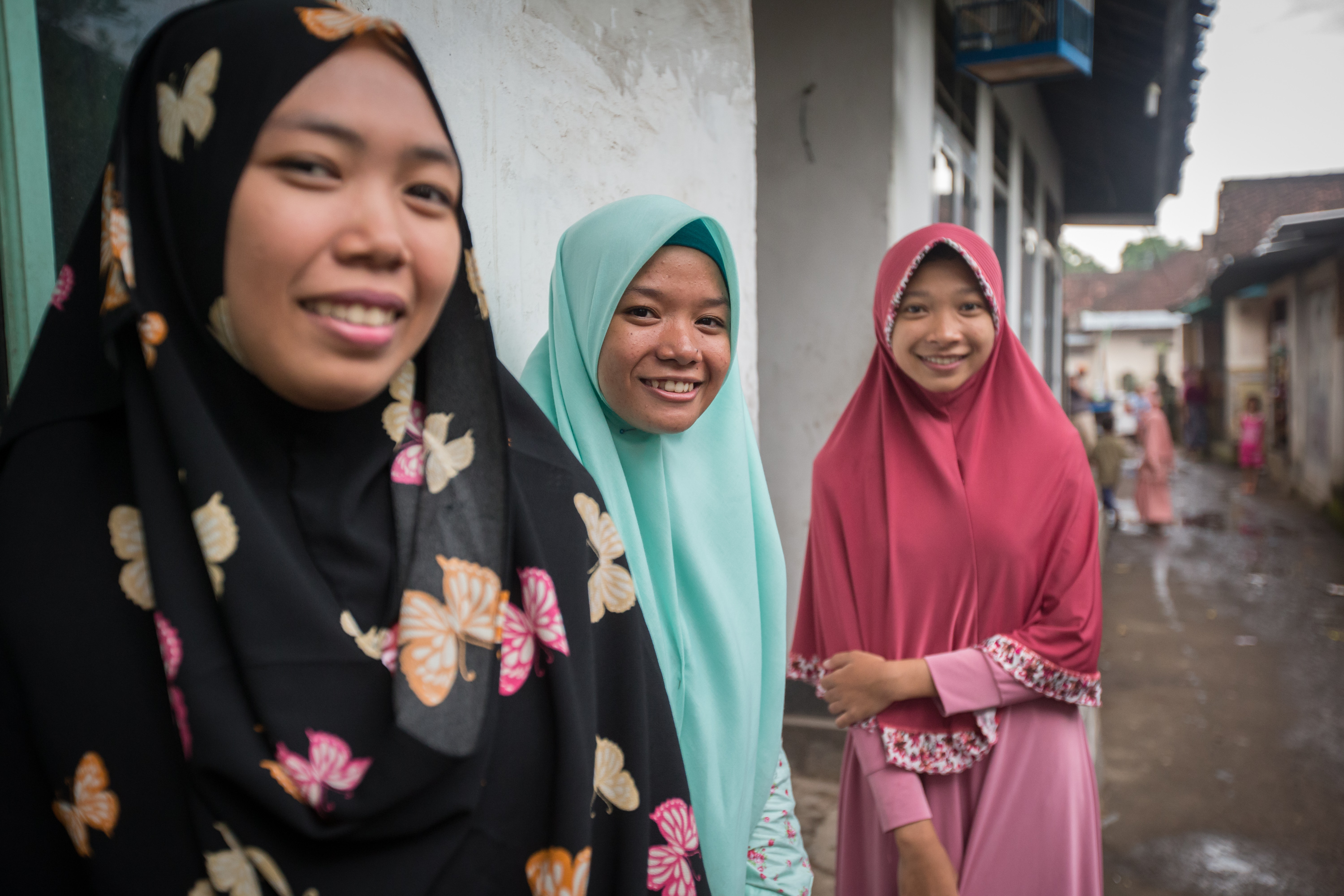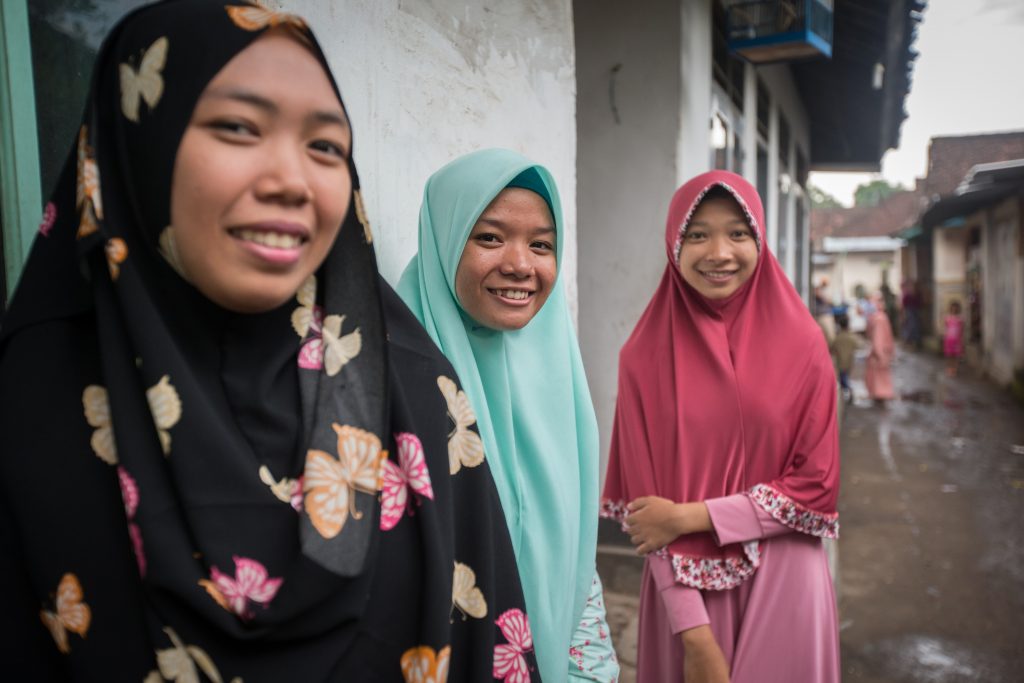Abigail*, a young woman who lives in Zimbabwe’s capital Harare became pregnant by a much older married man when she was 14. She had left school because her mother couldn’t afford to pay for her fees, books and other school supplies. Her mother was also struggling to buy food and other basics for the family. The man had given her money. She felt she couldn’t refuse him as he was helping her.
Abigail had had no sex education in school and didn’t know how to prevent pregnancy. When she was 16, she told us: “I wish to go back to school because I am still a child”.
In these trying circumstances of the COVID-19 pandemic, many vulnerable groups will be made even more so. Key among them are young girls from low-income backgrounds who risk falling into the same circumstances as Abigail. The crisis is likely to put them at higher risks of sexual violence and exploitation, trafficking, child marriage, forced labour, and social exclusion.
School closures harm girls in many ways, often with long-term consequences.
Across the continent, girls already face a host of barriers to education that result in substantial gender disparities. They are also exposed to many abuses, including child marriage and female genital mutilation, which end their education abruptly.
Schools typically provide safe spaces for girls. When they are in school, they are less likely to be forced into marriage. During this pandemic, however, schools are not there to protect girls.

Picture by Graham Crouch/Girls Not Brides
Human Rights Watch research in several African countries shows that child marriage and the resulting early pregnancies, a key barrier to girls’ education, can increase significantly in crises.
13 out of the 15 countries in the world where more than 30% of primary-school-age girls are out of school are in sub-Saharan Africa. As girls get older, the gender gap in education steadily widens. By upper secondary school, there are gender disparities in 91% of the region’s countries. The pandemic could threaten the African Union’s Agenda 2063 commitment to eliminate gender disparities at all levels, including in education.
African governments must act to ensure these statistics are not further worsened by the pandemic. There are many ways that they can start to mitigate the harm to girls.
To begin with, it is critical that emergency response measures address the particular vulnerabilities of women and girls. To ensure this, their participation in developing these measures is key. Public awareness messages should always include specific information on risks that girls face as well as how to report abuse and seek help.
Governments should also work with communities, school officials and teachers to monitor whether girls are participating in remote educational programmes. If these initiatives are not reaching girls or if their families or communities are not prioritising the girls’ education, they will need to intervene. The government should empower teachers and provide them resources so they can do their essential outreach work. This will involve checking-in on their students, particularly girls, and talking to parents to ensure they understand that children need to remain engaged with their studies.
Governments should additionally provide information and services on sexual and reproductive health to adolescents. This includes making sure they can access a broad range of contraceptives, which respects their dignity and privacy.
When schools reopen, these efforts must continue. School officials and teachers should make sure that girls are returning. From now, governments should be tracking the numbers of children affected by school closures and provide gender disaggregated data to ensure they can act if a significant number of children do not return to school. Governments should develop measures to identify and assist those who have not returned, for example by providing financial assistance programmes.
Now is also a good time for countries that exclude pregnant girls and adolescent mothers from school to reform those policies and develop human rights-compliant policies. The recent move by Sierra Leone to allow girls who are pregnant or have a child to attend school is a good example for other African countries like Tanzania to follow.
Girls are key to Africa’s human capital and will be a key asset in the process of recovering from COVID-19. It is imperative for governments to adopt and implement, as part of their pandemic responses, measures to ensure that all girls can continue their education, the key to unlocking their potential.


One Response
Girls education is a first priority on which everyone should have their considerations on. We can understand that this virus has impacted many businesses and education systems too. The best thing that the education authority can provide is to start online classes via video calls and conferences.